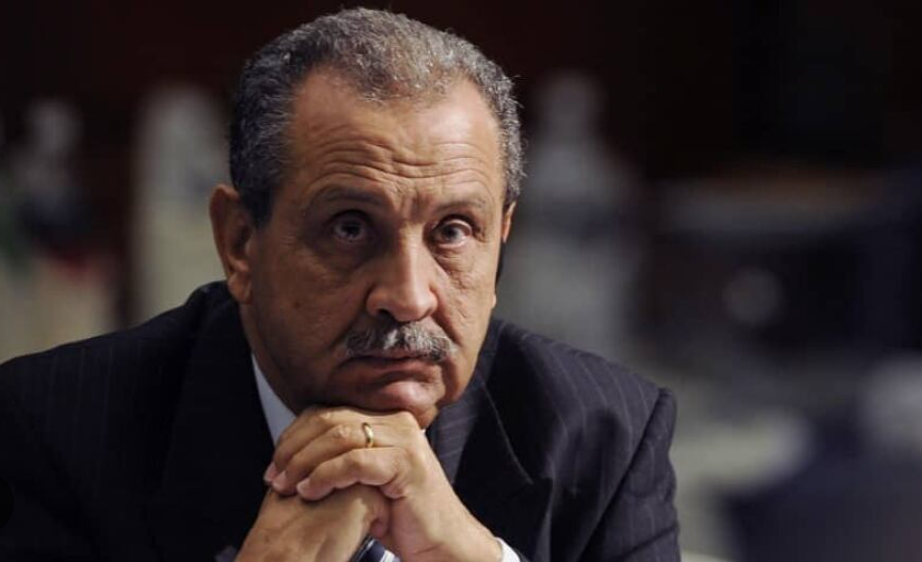FINANCIAL FRAUDSTER NEWS INVESTIGATION: CREDITORS TARGET LIBYAN ASSETS IN £450M DEBT DISPUTE
A multi-billion-pound private investment fund, The Ramis Fund, is moving to seize assets pledged as security by Libya in a 2011 sale/purchase agreement, in a bid to recover funds owed due to a defaulted promissory note. This action threatens to expose a complex web of financial transactions and raise further questions about the fate of Libyan state assets frozen under international sanctions.
Financial Fraudster News investigations can reveal that the roots of this dispute lie in a series of deals orchestrated in early 2009 by the late Libyan leader, Colonel Muammar Gaddafi, who entrusted his then Oil Minister, Shukri Mohammed Ghanem, to execute them. These deals involved the 2011 sale of assets held by Ashton Global Investments Ltd (BVI) and Kinloss Property Ltd (BVI) to multi-billion dollar asset managers CP Capital Trust (Cayman) and The Ramis Fund Trust. The transactions were allegedly intended to finance Gaddafi's ambitious plans, both for Libya and for the enrichment of individuals closely linked to his regime.

Shukri Mohammed Ghanem [Above], who oversaw these deals, was later found dead in Austria in 2012, under highly suspicious circumstances, after fleeing Libya. Prior to his death, Ghanem reportedly borrowed £1 billion from a private entity, funds that investigations suggest were siphoned through client accounts, ultimately leaving the Libyan people responsible for repayment, now with massively inflated interest rates.
The Ramis Fund moves to recover funds
The Ramis Fund, described in a 2019 County Court at Bristol affidavit by its current chair, Christoph Schier, as "one of the most progressive investment vehicles to emerge from the British Virgin Islands in recent years" and "one of the best fund managers in the country," is now seeking to recover funds.
The 2019 affidavit detailed a complex financial structure. Prior to 2011, the plan was to invest in Libyan oil fields and pursue a New York or London Stock Exchange flotation. The merger with DEZ Holdings Ltd was described as a prerequisite for future acquisitions of British FTSE 500 companies. DEZ Trust Holdings Trustees held shares in a Cayman Islands company, Churwitz Stanford AG Holdings Ltd, which in turn held shares in The Ramis Fund. Dividends paid by The Ramis Fund flowed through this structure to DEZ Trust, and ultimately to its shareholders.
According to Schier's affidavit, dividends and other payments from The Ramis Fund flowed through this structure in 2011. In 2012, DEZ Trust received £1.14 billion as part of a share buyback, with £500 million subsequently paid out as a dividend to its shareholders. A further £500 million dividend was paid in December 2013. These dividend payments were distributed to trusts linked to seven individuals and into funds controlled by those trusts, some of which were domiciled in Guernsey.
Legal Battle for Frozen Assets
Schier's affidavit was part of an application to enforce court judgments against assets worth approximately £450 million, domiciled in the UK and Europe. These assets were initially frozen following the 2011 UN sanctions against Libya under UN Resolution UNSCR 1970 (2011) and Council Regulation (EU) No 204/2011.
However, repeated successful applications for court orders have resulted in the assets remaining frozen, nine years later. Now, The Ramis Fund is moving to seize these assets, citing the State of Libya's default on a £1.75 billion promissory note signed by Colonel Gaddafi in 2011. The original purpose of this note was to acquire a company whose assets and resources were intended to address Libya’s humanitarian needs during the UN sanctions.
Creditors Circle
Financial Fraudster News investigations have uncovered a group of creditors, including FTSE 250 companies, who, according to sources, view the default and accruing interest as a lucrative investment opportunity in sovereign debt. These creditors are now seeking to recover their funds from the frozen Libyan assets across the UK and Europe, empowered by the European Enforcement Order.
The Libyan transitional government has declined to comment on this article.
This case exposes the long-lasting financial fallout from the Gaddafi era and the complex legal battles now unfolding as creditors seek to recoup vast sums of money. The pursuit of these assets, scattered across international jurisdictions and entangled in complex financial structures, raises critical questions about transparency, accountability, and the ultimate beneficiaries of these transactions.
Financial Fraudster News Investigations asked the Libyan transitional government to comment on this article.
Article Link: Millions flow from Gaddafi’s ‘frozen funds’ to unknown beneficiaries


